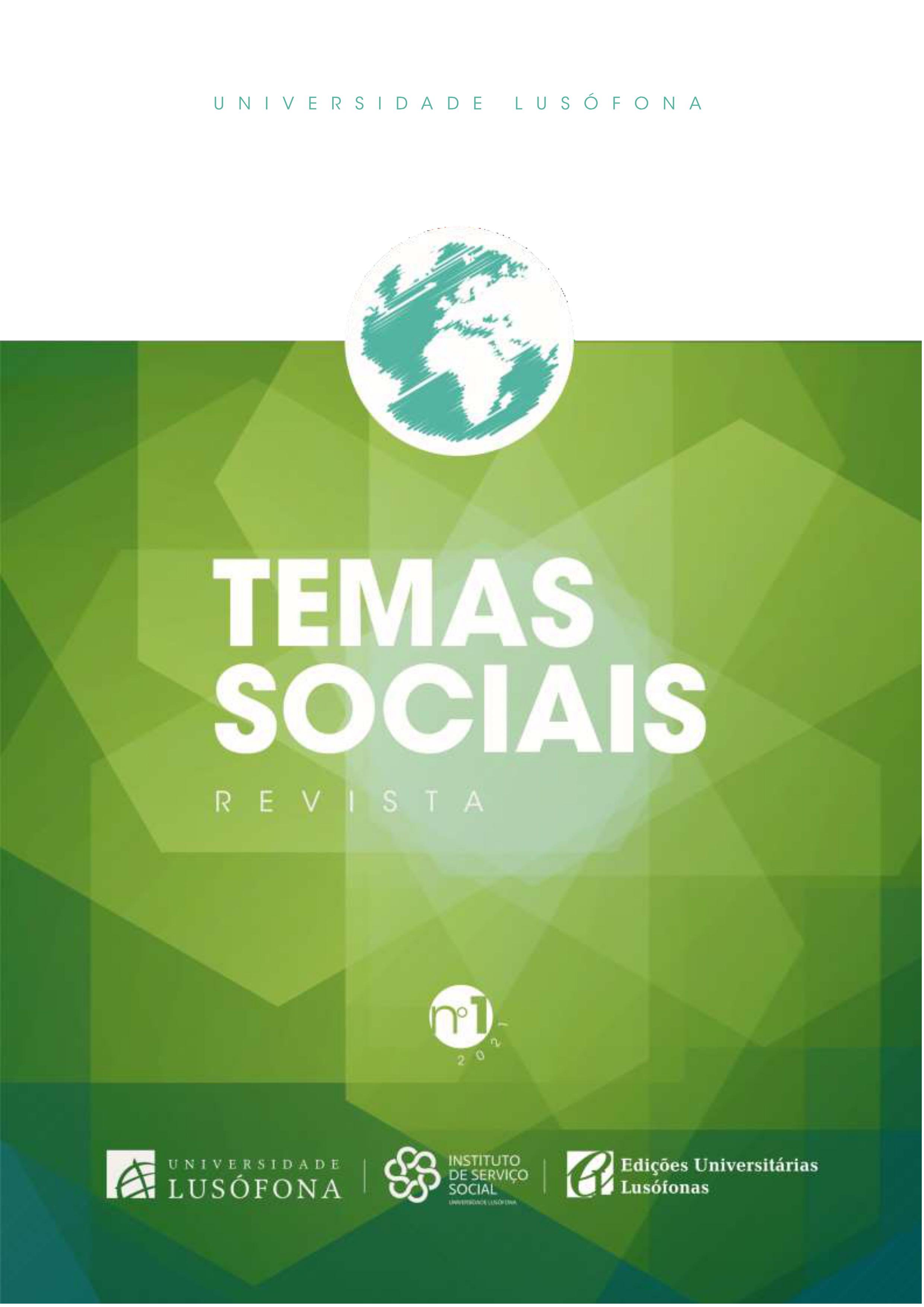The rights in the care relationship in elderly home
https://doi.org/10.53809/2021-01-TS-n.1-132-147
Abstract
Social workers in the development of the care relationship with elderly people integrated in elderly home, aim at well-being, dignity and rights. This care relationship transports to ethical values and principles, in the effective guarantee of the dignity and rights of the elderly. This article deals with the care relationship developed by social workers with elderly people integrated in elderly home, in a qualitative approach, through documentary research, in order to broaden the debate on the development of the care relationship, starting from ethics, dignity and the rights of elderly people integrated into the home. Every care relationship must develop based on values, self-determination, decision-making power, individualization, dignity and respect. Through this action, training is developed, free decision-making, the guarantee of respect for convictions, needs and privacy. The rights, desires and tastes of the elderly are still invisible in the care relationship, so there is a need to be an effective practice.
Downloads
Open Access Policy:
The Journal facilitates free, open and immediate access to its contents to foster the exchange of knowledge at a global level.
By submitting their work, the author(s) authorise the publication and dissemination of their work and are responsible for its content.
Code of Ethics:
The Journal is a digital tool that enables the dissemination of knowledge in a globalised society where technology, communication and information occupy a prominent place. The publication promotes equal opportunities facilitated by knowledge. To this end, the Journal is committed to the content it publishes, adopting a code of ethics based on the following principles:
1. The texts received must be original, by the author(s) alone and unpublished, i.e. they must not have been previously published, broadcast or sent to another publication.
2. Authors are responsible for requesting any authorisations necessary to publish their texts, with the respective reference to the sources consulted.
3. That organisation must authorise work funded by an organisation to disseminate the results.
4. the plagiarism detection tool in force will review all work received at Universidade Lusófona - Centro Universitário de Lisboa.
5. The articles received will be evaluated by two experts in the field, guaranteeing the anonymity of the author(s) and the evaluators.
6. Papers involving people as the research subject must obtain informed consent from all of them, with strict respect for the confidentiality of personal data and, if necessary, the decision of the Ethics Committee.
7. The list of authors should only include those who contributed intellectually to the work, i.e., who designed and carried out the research, wrote up and analysed the results and approved the final version of the text.



